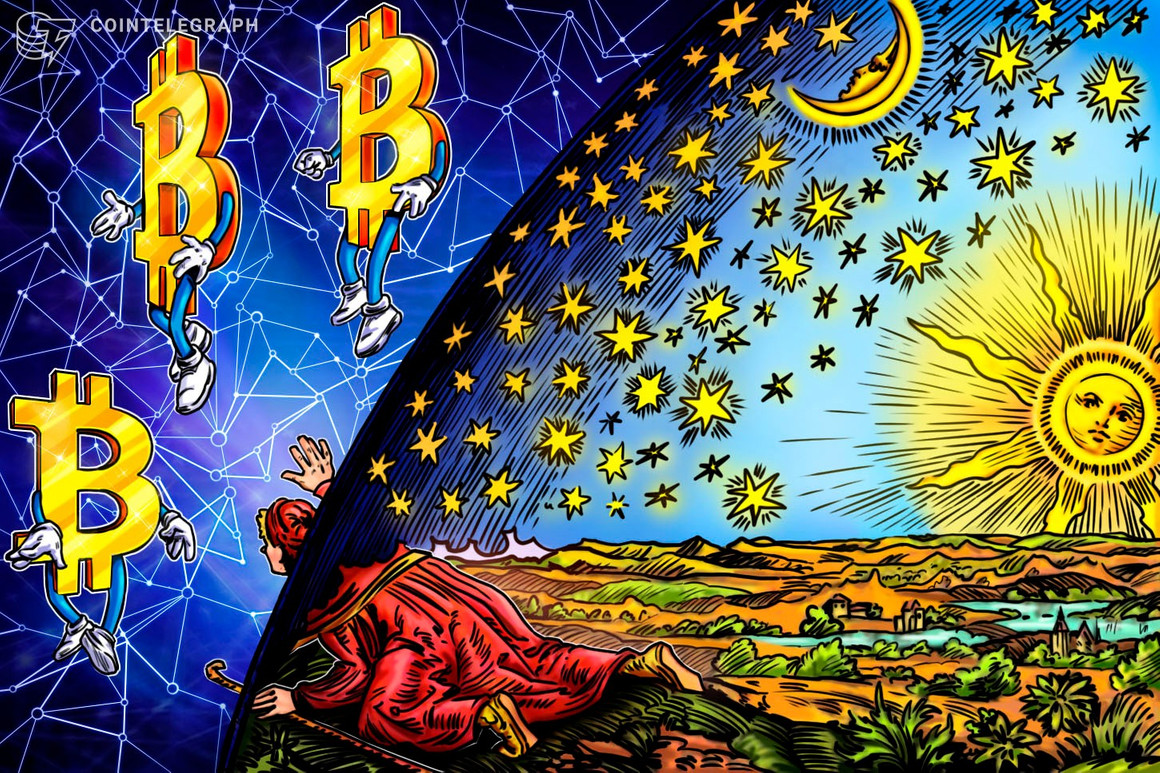United States President Joe Biden’s executive order on digital assets has kickstarted an interagency mission to support financial innovation while pro
United States President Joe Biden’s executive order on digital assets has kickstarted an interagency mission to support financial innovation while protecting American consumers and interests. While many industry leaders welcome the constructive tone, some critics hope for a crackdown. We don’t blame them.

Many cryptocurrency projects operate behind thin veils of decentralization. In public, they’re sold on the premise that they distribute power. Behind the curtains, leaders pull the strings. In the recent case of Wonderland, a serial scammer and felon directed a $1 billion treasury.
Many projects secretly pay influencers to shill their tokens. The price pumps. Insiders dump. Naive investors lose money. Sometimes, the shillers are celebrities. And, sometimes, those celebrities leak the surprisingly low cost of their integrity.
Related: Year of sponsorships: Celebrities who embraced crypto in 2021
Hundreds of projects suffer technical vulnerabilities. Seemingly every week, hackers exploit hidden software bugs. The third-largest ever occurred in early February, with $326 million — gone. And then in late March, another $600 million — poof.

Many cryptocurrencies are blatant scams — some, proudly pyramid-shaped. Market participants treat these as facts of life, with oft-used terms for exit scams (“rug pulls”) and pyramid-shaped projects (“Ponzis”).

To most, cryptocurrencies look the same, like tomatoes pasted in Aisle 9 — only tasteless, useless, and more numerous. The cynical see the menu of cryptocurrencies as a proxy most-wanted list. Neither group is entirely wrong.
Yet one item on the menu stands apart. It is arguably one of the more important technological advances since the internet, itself. Buy it or not, we don’t care. But we three professors do care to bring one simple message: Bitcoin (BTC) is special. It deserves study and discussion.
Let’s talk about Bitcoin
Bitcoin is genuinely decentralized. Tens of thousands run nodes all around the world. Operating a node is easy; you could do so within the hour with an internet-connected computer and a few hundred gigabytes of storage. In 2017, these nodes vetoed a controversial change to Bitcoin that would have upped the network’s centralization by making it harder for ordinary people to run a node. In doing so, they trumped a majority of Bitcoin miners, exchanges and other powerful legacy players.

Bitcoin’s decentralization makes it fair. No foundation enjoys a trademark or governs its monetary policy. This contrasts not only with more centralized cryptocurrencies but with the Federal Reserve, itself. In the past year, three Federal Reserve officials have resigned after a series of, let’s say, well-timed trades. Bitcoin has never had any officials resign in disgrace — it has no such officials. The network automates these jobs away.
Bitcoin’s decentralization also makes it secure. Most money is digital and sits under the thumb of third parties like banks and payment processors. But innocent Russian and Canadian citizens remind us that third parties can freeze and seize those balances, especially when subject to state pressure. Reliance on third parties jeopardizes funds. Bitcoin participants can hold their own private keys and thereby save and send value without third parties. Bitcoin is in a different league than other cryptocurrencies. In the digital age, Bitcoin’s unparalleled level of decentralization makes it the safe haven from state and corporate overreach.
Related: The meaningful shift from Bitcoin maximalism to Bitcoin realism
And unlike most other cryptocurrencies, Bitcoin never had a private token sale to venture capitalists or an initial coin offering to enrich insiders. Bitcoin is the most widely distributed digital asset. In an important sense, it has no insiders — only early adopters.

The main early adopter, Satoshi Nakamoto, mined about a million Bitcoin (5% of the maximum supply). Satoshi’s holdings are fully visible, and Satoshi never spent a single dime. With most other cryptocurrencies, the rich get richer, sometimes in hidden ways, and have more say over the network. Not so with Bitcoin.
Whereas some projects move fast and break things, Bitcoin moves slowly but surely. Bugs are rare. Granted, this conservative approach has tradeoffs. Upgrades are as rare as bugs. And Bitcoin lacks the flexibility of other platforms. But in exchange, countries and corporations feel secure with Bitcoin on their balance sheets.
You may have heard of hacks and stolen Bitcoin. These cases don’t involve weaknesses in Bitcoin, itself. They illustrate instead the pitfalls of insecure key storage or relying on third-party custodians.
Related: Satoshi may have needed an alias, but can we say the same?
Finally, Bitcoin is no scam. It can certainly be used for scams — much like the U.S. dollar, or other digital assets. But the Bitcoin network offers final settlement of its native asset, much like the Federal Reserve System offers…
cointelegraph.com
